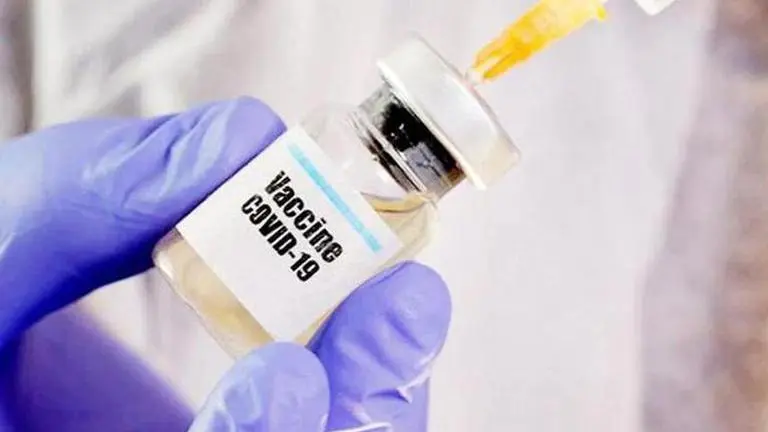Updated 4 February 2021 at 12:59 IST
Oxford to run trial alternating doses of COVID-19 vaccines in UK, the first of its kind
Marking a first, Oxford University on Feb 4 announced that it will launch a medical trial involving alternating doses of different COVID-19 vaccine candidates.
- World News
- 2 min read

Marking a first, Oxford on February 4 announced that it will launch a medical trial involving alternating doses of COVID-19 vaccine candidates created by different manufacturers. The trial will reportedly show whether the different COVID-19 vaccine doses created by AstraZeneca and Pfizer-BioNTech companies, can be used to alternatively in order to allow more flexibility in the pressured vaccine delivery schedules across the globe. Following the announcement of the world’s first such research including mixing of jabs, UK’s deputy chief medical officer Jonathan Van-Tam who is also responsible for the study said that mixing and matching could enhance immunity.
The new government-funded clinical trial, dubbed as Com-Cov is taking place in the UK as an Urgent Public Health study by the National Institute for Health Research (NIHR) and is being undertaken by National Immunisation Schedule Evaluation Consortium (NISEC) and the Oxford Vaccine Group. The innovative study has been backed by government funding of £7 million. The British government said in a statement that "the study will be the first in the world to determine the effects of using different vaccines for the first and second dose". The study will last for 13 months and will also monitor the impact of the different dosing regimens on patients’ immune responses.
Advertisement
‘Inevitable challenges’
UK’s Deputy Chief Medical Officer and Senior Responsible Officer for the study, Professor Jonathan Van-Tam noted, “Given the inevitable challenges of immunising large numbers of the population against COVID-19 and potential global supply constraints, there are definite advantages to having data that could support a more flexible immunisation programme, if needed and if approved by the medicines regulator.”
“It is also even possible that by combining vaccines, the immune response could be enhanced giving even higher antibody levels that last longer; unless this is evaluated in a clinical trial we just won’t know. This study will give us greater insight into how we can use vaccines to stay on top of this nasty disease,” he said. Further, the study will initially have 8 different arms testing 8 different combinations, but more products may be added.
Advertisement
Image credits: The Associated Press
Published By : Aanchal Nigam
Published On: 4 February 2021 at 12:59 IST
